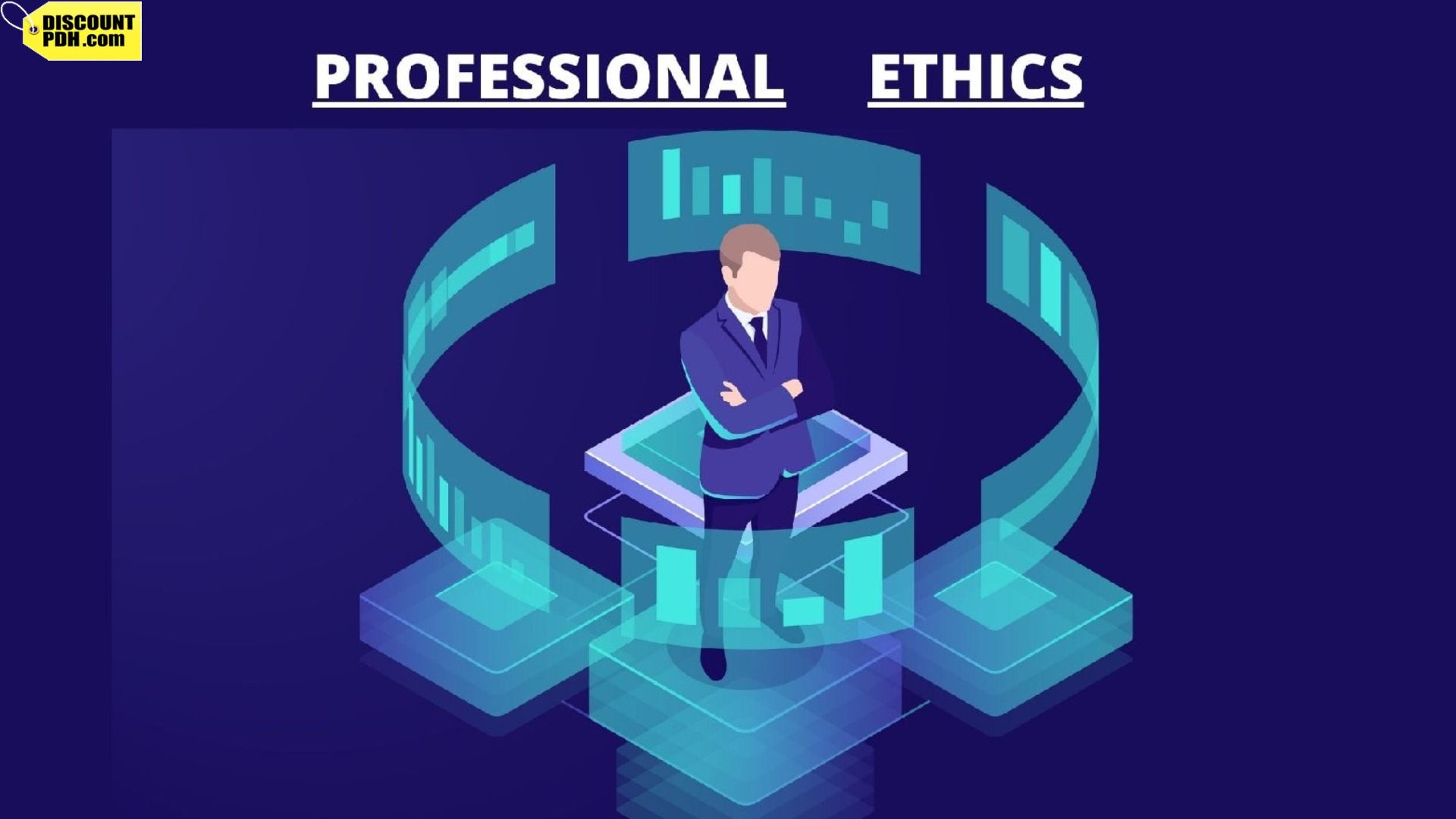In the world of engineering, technical expertise alone is not enough. Ethical responsibility is equally essential to ensure safety, trust, and fairness in all professional activities. Professional ethics for engineers serve as a framework guiding decision-making, client relationships, and public accountability. From project planning to execution, adhering to ethical codes helps engineers maintain credibility and comply with state licensing requirements.
Many licensing boards also require ethics-related online engineering continuing education as part of the renewal process, ensuring that engineers remain committed to the highest professional standards.
Why Professional Ethics Matter in Engineering
Engineering work directly impacts public safety, environmental sustainability, and economic growth. Ethics ensure engineers act in the best interests of society while respecting client needs and legal regulations. Core principles include:
-
Protecting public health and safety
-
Avoiding conflicts of interest
-
Practicing honesty and fairness
-
Maintaining confidentiality
-
Complying with laws and standards
By integrating these principles into daily practice, engineers fulfill their moral obligations and strengthen their professional reputations.
PDH Hours and Ethics Training Requirements
To maintain licensure, most states require engineers to earn PDH hours in ethics during each renewal cycle. These ethics PDH credits typically cover:
-
Codes of ethics from professional organizations
-
State-specific engineering laws and regulations
-
Real-world case studies on ethical dilemmas
-
Consequences of ethical violations
Whether taken in person or as part of online engineering continuing education, these courses ensure engineers remain informed and compliant.
Popular PDH Sources for Ethics Courses
Several trusted providers offer quality ethics courses for engineers, including:
-
PDH Source – Offers state-approved ethics courses and industry-specific training.
-
EZ PDH Coupon – Provides discounted continuing education packages, including ethics.
-
PDH Star – Known for interactive and up-to-date ethics webinars.
-
PDH Academy – Offers board-approved courses for multiple engineering disciplines.
-
PDH Library – Features an extensive collection of on-demand ethics materials.
Choosing the right provider ensures compliance, convenience, and quality learning experiences.
Advantages of Online Engineering Continuing Education for Ethics
Taking ethics courses through online engineering continuing education platforms offers many benefits:
-
Flexibility – Study anytime, anywhere without disrupting work schedules.
-
Cost Savings – Access affordable options, often with bulk purchase discounts.
-
Wide Selection – Choose courses tailored to your state’s rules and your discipline.
-
Instant Documentation – Receive certificates immediately after course completion.
With self-paced modules and live webinars available, engineers can choose the format that best suits their learning style.
How to Select the Best Ethics PDH Course
When choosing an ethics course, engineers should consider:
-
State Approval – Ensure the course meets your licensing board’s requirements.
-
Relevant Content – Select material that covers your specific discipline and responsibilities.
-
Engaging Delivery – Look for courses that use real-world examples and interactive content.
-
Provider Reputation – Opt for established PDH providers like PDH Source, PDH Star, or PDH Academy.
By selecting the right program, engineers can maximize both compliance and professional growth.
Case Studies: Applying Ethics in Real Projects
One of the most effective ways to learn ethics is through real-life examples. Case studies often explore issues such as:
-
Misrepresentation of project data
-
Environmental regulation violations
-
Client confidentiality breaches
-
Safety negligence during construction
These scenarios encourage engineers to apply their ethical knowledge to complex, practical situations—an essential skill in the field.
The Role of PDH Hours in License Renewal
Every engineer is responsible for tracking and reporting PDH hours to their state licensing board. Ethics-related PDH is often mandatory and may account for a portion of total hours required. For example, some states require at least one or two hours in ethics per renewal cycle.
By using reputable sources such as PDH Library or EZ PDH Coupon deals, engineers can conveniently meet these requirements while staying within budget.
Ethics and Career Advancement
Maintaining strong ethical standards benefits not just public safety but also an engineer’s career. Employers, clients, and regulatory agencies value engineers who demonstrate:
-
Integrity in all professional dealings
-
Commitment to legal and regulatory compliance
-
Strong decision-making skills in challenging situations
-
Respect for societal and environmental responsibilities
Ethics training from pdhacademy, pdh star, or pdh source can reinforce these traits, positioning engineers for leadership roles and long-term success.
Conclusion
Professional ethics for engineers go beyond fulfilling a licensing requirement—they form the foundation of trust, safety, and excellence in engineering practice. By investing in quality ethics education through online engineering continuing education and earning the necessary PDH hours, engineers uphold both their professional and moral obligations.
With reliable providers like PDH Source, PDH Star, PDH Academy, EZ PDH Coupon, and PDH Library, it’s easier than ever to access engaging, board-approved ethics courses. Ultimately, ethical practice ensures that engineers not only protect the public but also enhance their professional credibility and career potential.

